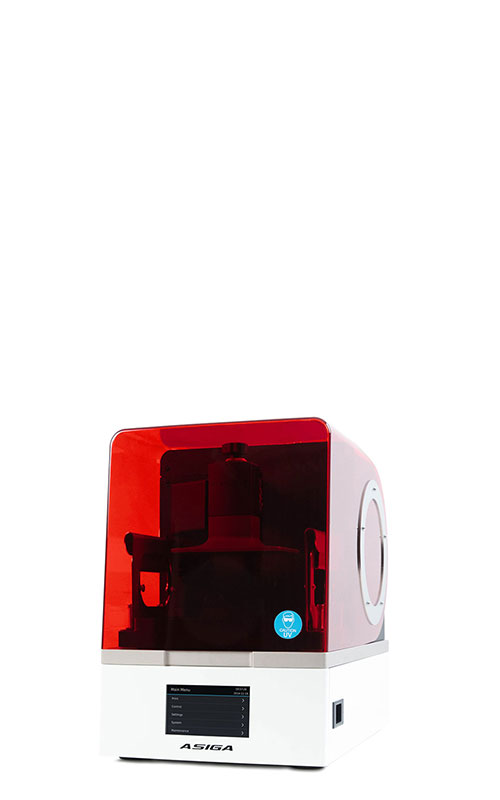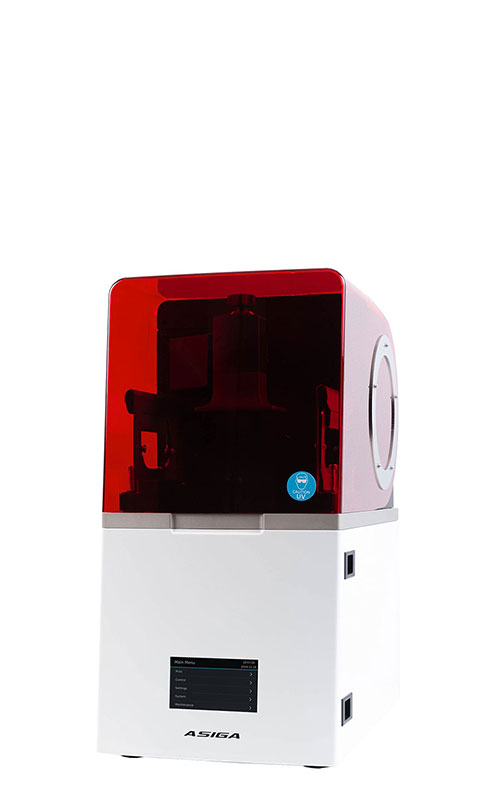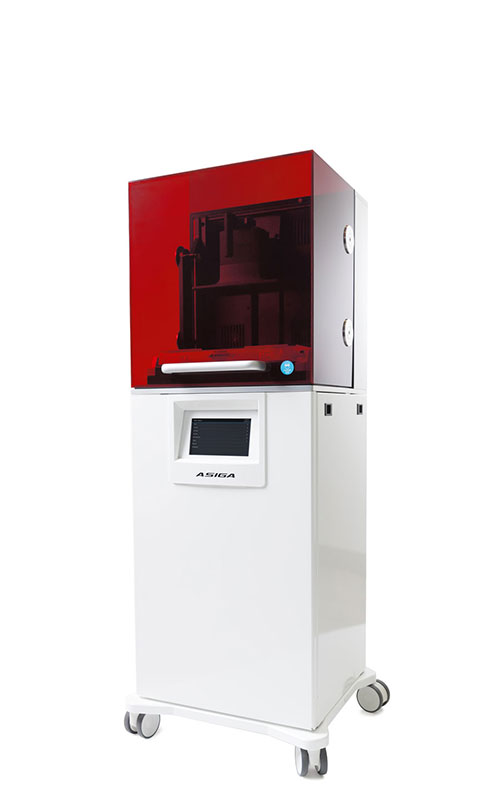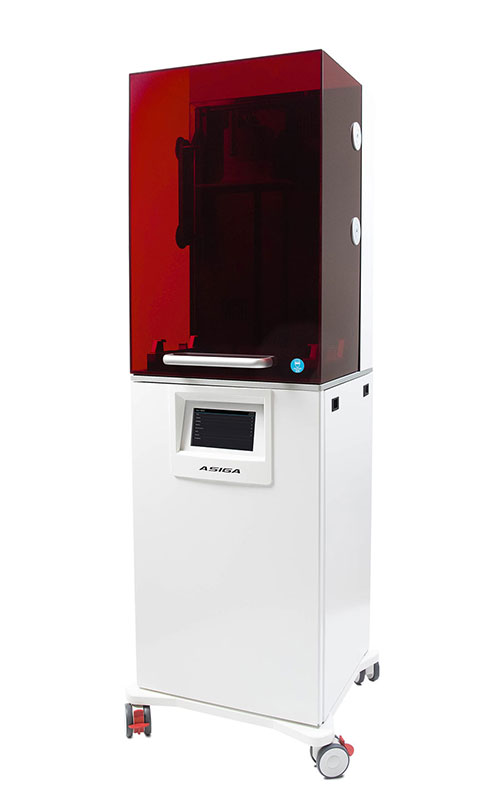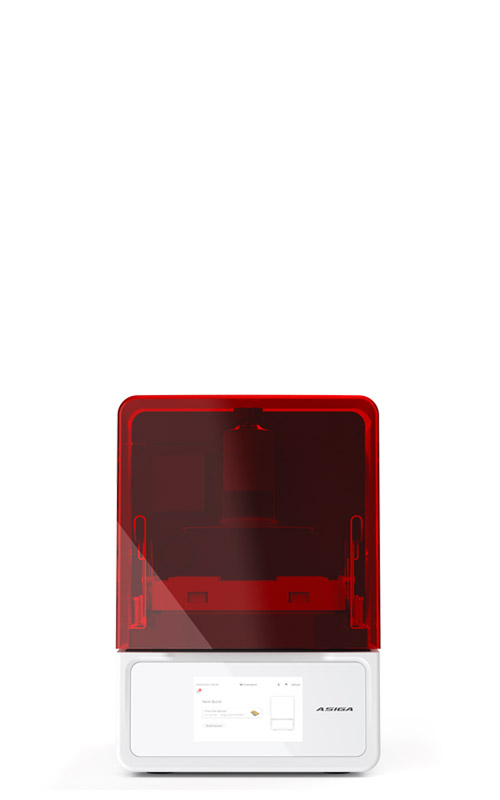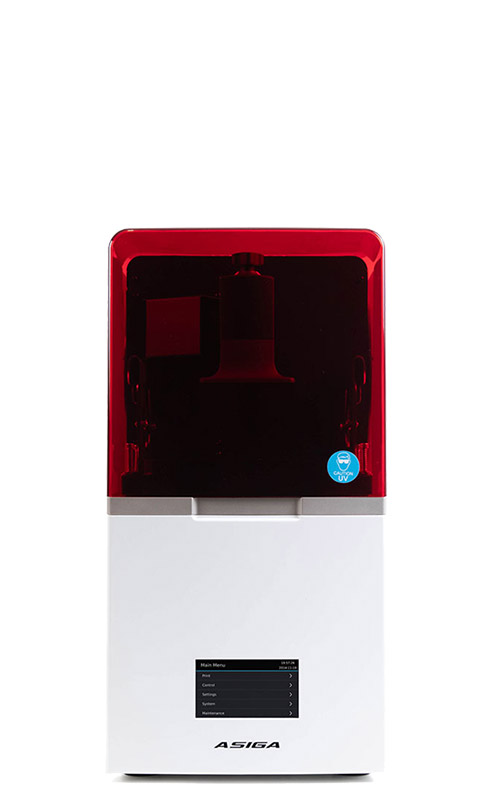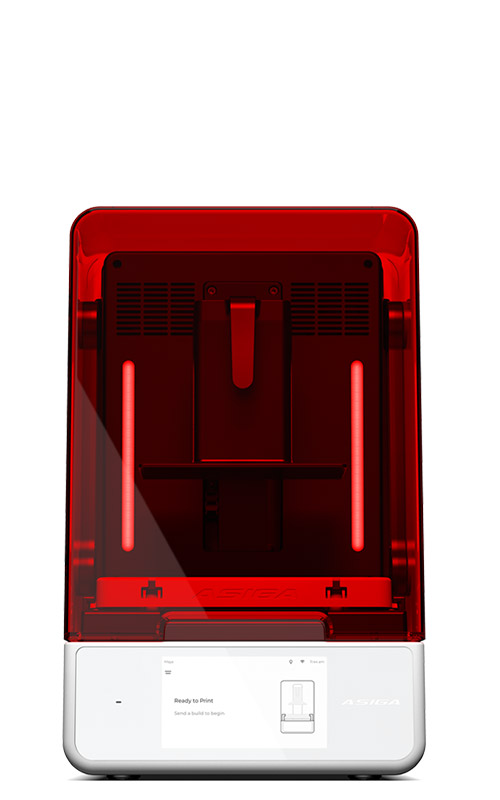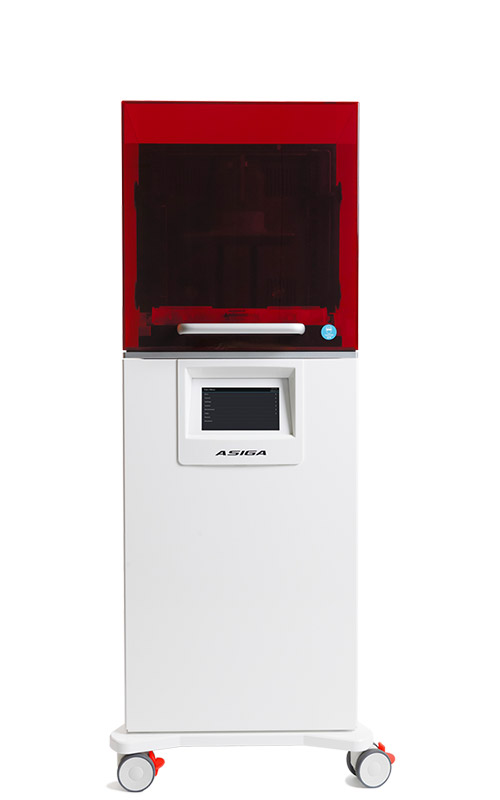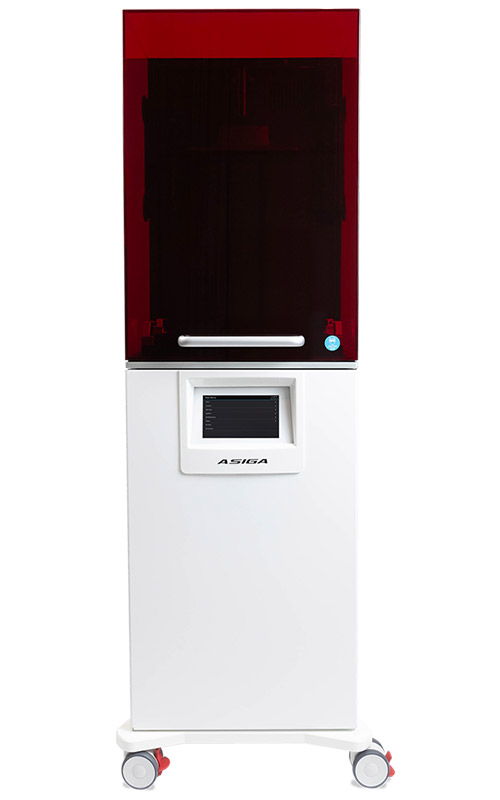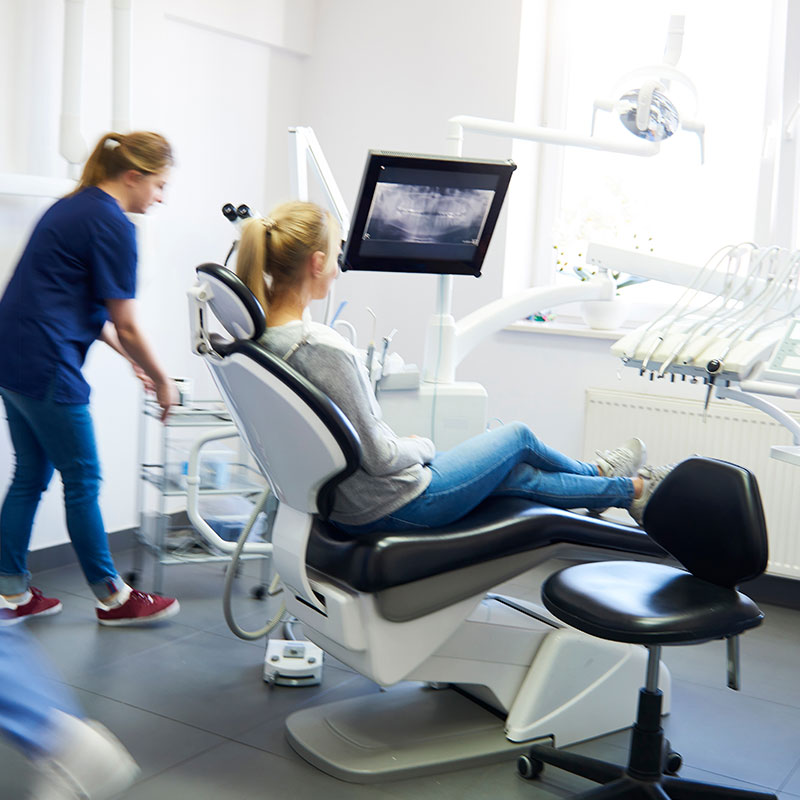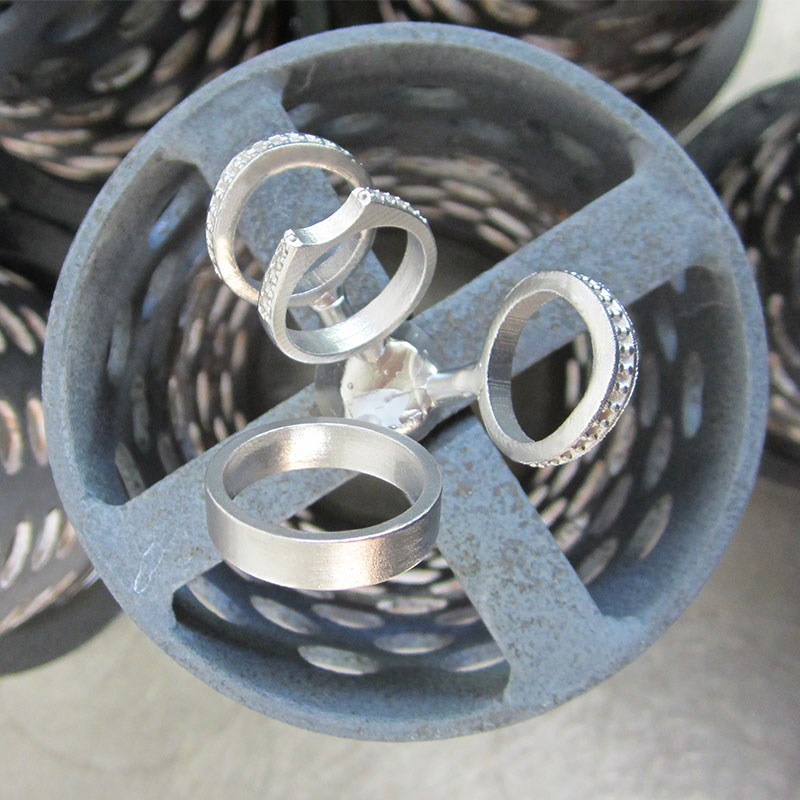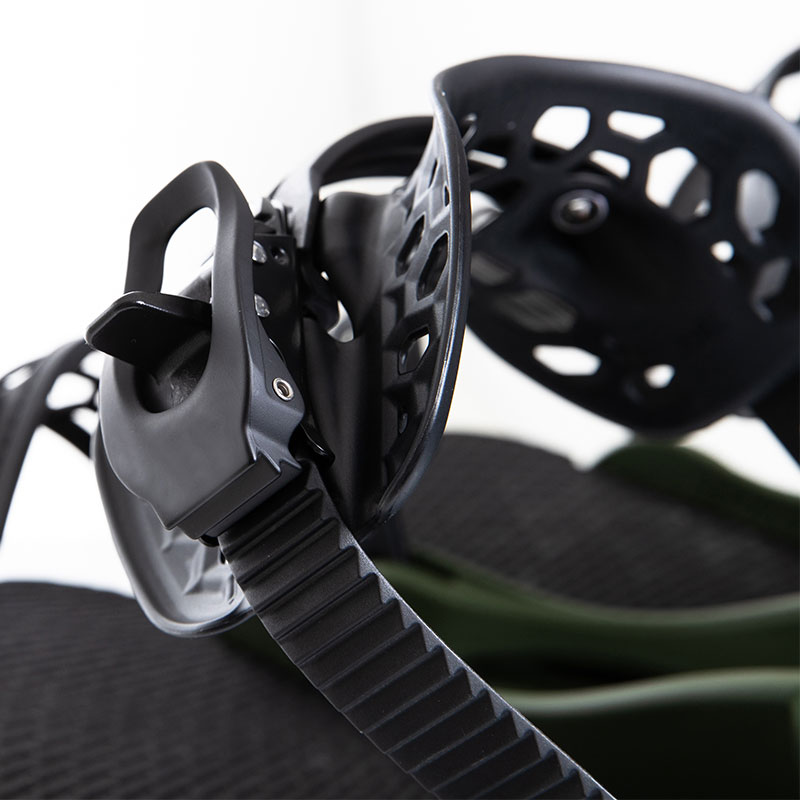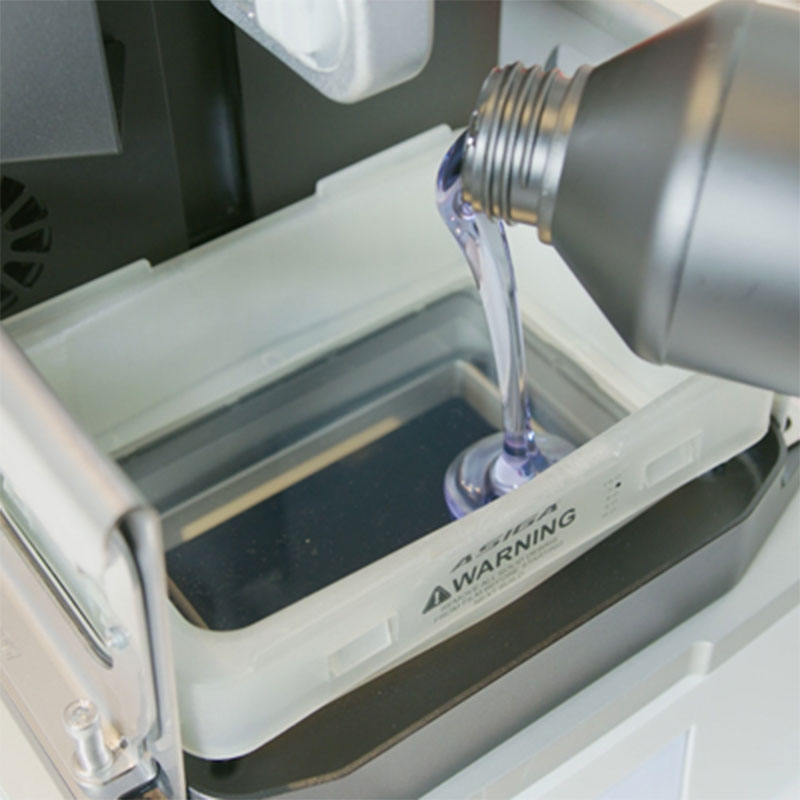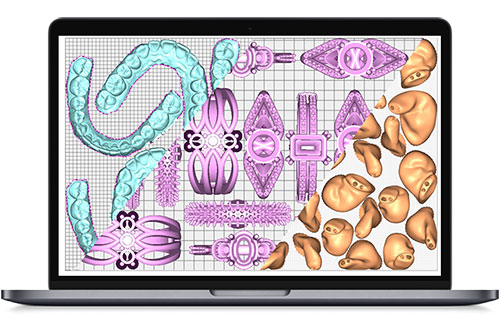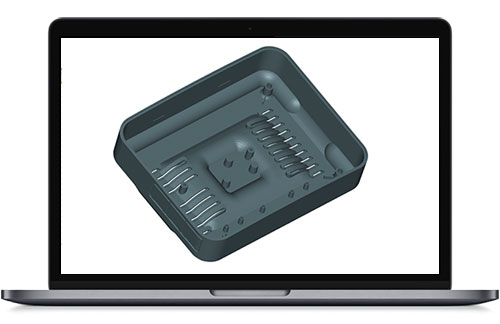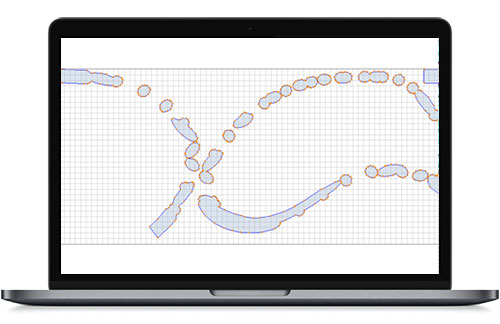Programmable optical window bonding enabled 3D printing of high-resolution transparent microfluidic devices for biomedical applications

Herein, we introduce a novel “programmable optical window bonding” 3D printing method that incorporates the bonding of an optical window during the printing process.
3D printed cell for the in situ dynamic light scattering monitoring of nanoparticle size distribution in microfluidics

In situ characterization during nanoparticle synthesis is a necessary tool to understand elementary steps of the reaction and accelerate design of new materials.
LIFT™ – Liquid Interface Film Technology

Print up to twice as fast.
Microfluidically Assisted Synthesis of Calcium Carbonate Submicron Particles with Improved Loading Properties

The development of advanced methods for the synthesis of nano- and microparticles in the field of biomedicine is of high interest due to a range of reasons. The current synthesis methods may
have limitations in terms of efficiency, scalability, and uniformity of the particles. Here, we investigate
the synthesis of submicron calcium carbonate using a microfluidic chip with a T-shaped oil supply
for droplet-based synthesis to facilitate control over the formation of submicron calcium carbonate
particles.
Types of Microfluidic Devices
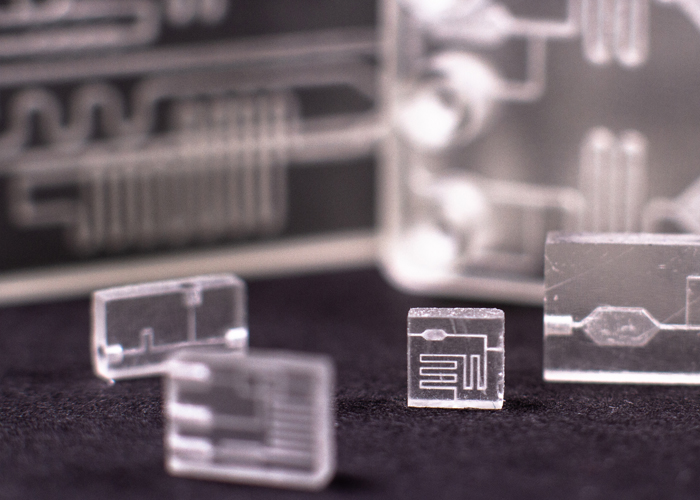
A summary of the top 5 microfluidic devices by Sergei Chapek
Tunable resins with PDMS-like elastic modulus for stereolithographic 3D-printing of multimaterial microfluidic actuators
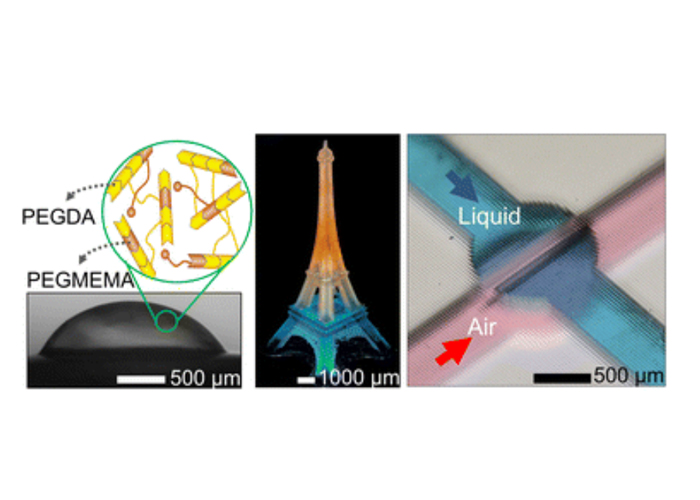
By Alireza Ahmadianyazdi, Isaac J. Miller and Albert Folch
3D-printed microfluidic system for the in situ diagnostics and screening of nanoparticles synthesis parameters
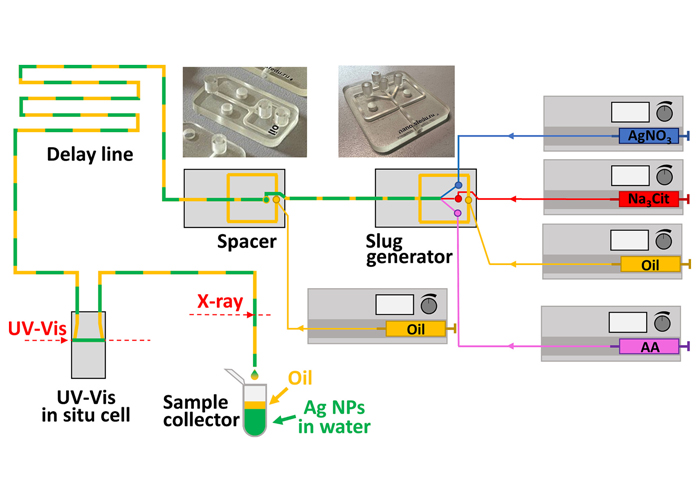
With Sergei Chapek
3D printed microfluidic devices for cell-based applications
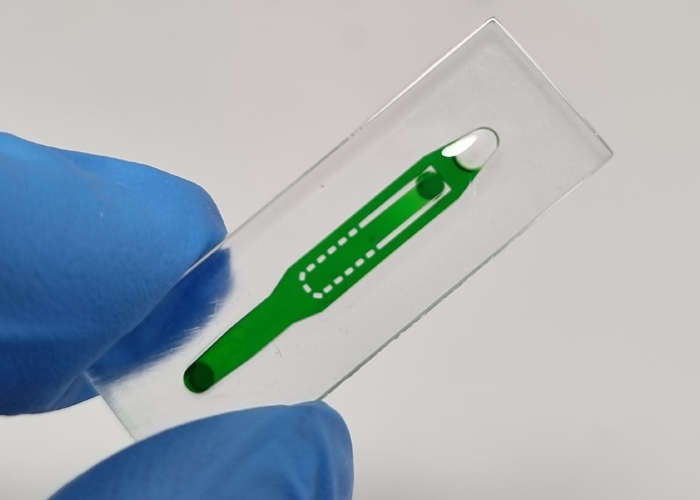
Louis Ong, Yi-Chin Toh – Queensland University of Technology
Low-Viscosity Polydimethylsiloxane Resin for Facile 3D Printing of Elastomeric Microfluidics
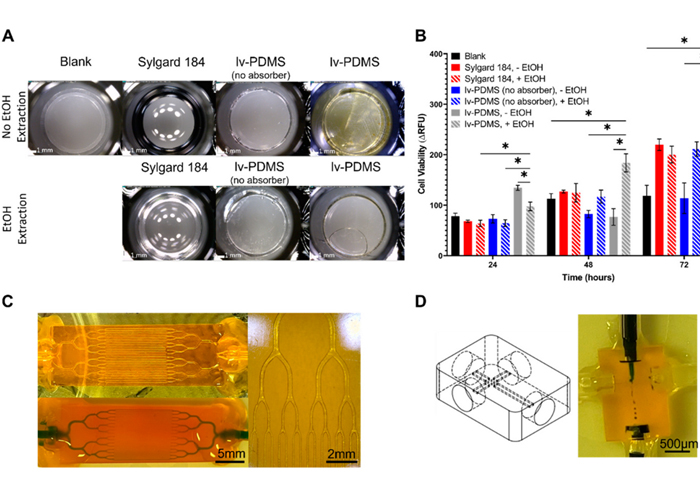
This paper presents a high-resolution, PDMS 3D-printing resin for the facile fabrication of microfluidic and biomedical devices.
MOIIN Resins presents its high-precision resins for microfluidics at the EMBL Microfluidics Conference
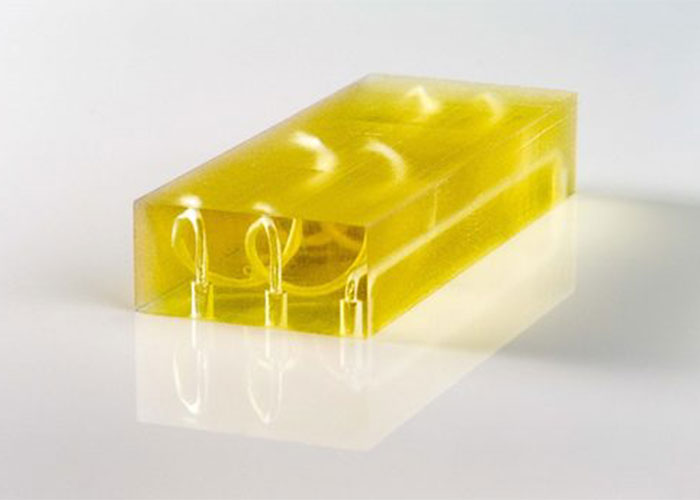
Producing narrow channels and cavities with transparent, photopolymerizing 3D printing resins can be extremely difficult – but it’s entirely possible with the high-quality MOIIN resins developed in Hamburg.
